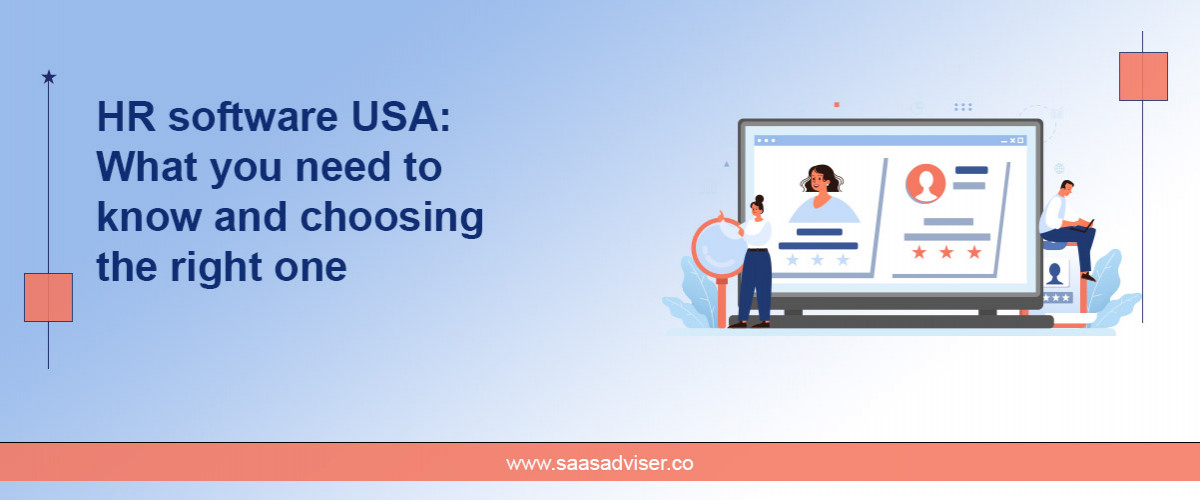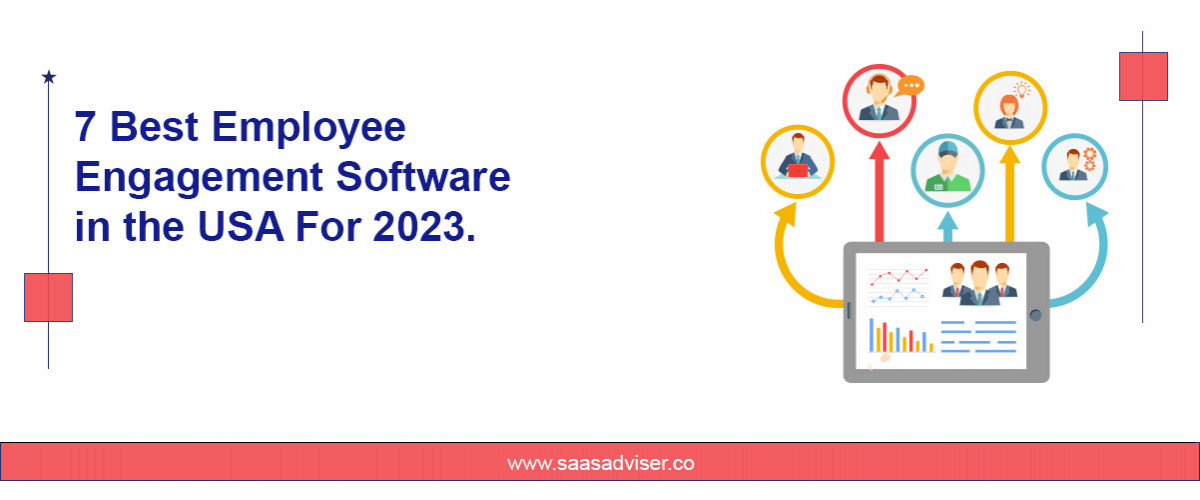What we'll cover
Managing time is essential for the success of any project. It enables businesses to monitor progress, meet deadlines, and allocate resources efficiently. In today's fast-paced work environment, where multitasking has become the norm, keeping track of time can be quite challenging. Thankfully, project time tracking tools are here to help. In this post, we will delve into the challenges encountered when it comes to tracking time in projects and how utilizing project time tracking software can assist in overcoming these hurdles.
The Challenge of Manual Time Tracking
One of the challenges associated with time tracking arises when it is done manually. The process relies on employees remembering to start and stop timers or accurately log their hours. However, human error is unavoidable, resulting in data loss and difficulties in comparing productivity across team members. Moreover, manual tracking can be a monotonous task for employees who must dedicate effort to administrative duties rather than focusing on their core responsibilities. Additionally, manual tracking often lacks real-time visibility, making it challenging for project managers to make informed decisions promptly. Adopting automated time-tracking tools addresses these issues by providing accuracy in billing, enhancing client satisfaction, and offering real-time insights for efficient decision-making.
Automating Time Tracking with Tools
To tackle the challenges presented by time tracking, many businesses are embracing the best project management and time-tracking software available on the market. These software solutions automate the task of monitoring time and provide insights into individual or team productivity.
By utilizing time-tracking software, companies can minimize errors caused by data entry. Greatly improve efficiency. These tools automatically record employee working hours as they begin and end tasks or projects, eliminating the need for monitoring. This automation feature allows businesses to have an up-to-date overview of work progress without relying on human memory or subjective reporting.
Streamlining Project Management
Effectively managing projects can be overwhelming without visibility into the time spent on different tasks. Time tracking software not only enables time tracking but also helps streamline project management by providing detailed reports and analytics.
With these tools, managers gain insights into how much time is allocated to each task or phase of a project. This information facilitates improved project planning, resource allocation, and deadline management. Equipped with data, project managers can identify bottlenecks, optimize workflows, and enhance project efficiency.
Monitoring Time Utilization
Understanding how time is utilized is an aspect of project management software. Without an understanding of where time is being spent, it becomes challenging to identify areas for improvement and increase productivity.
Time tracking software allows businesses to monitor time utilization effortlessly. The detailed information provided by these tools is valuable in identifying activities that consume a lot of time or unnecessary distractions that hinder productivity. By recognizing these issues, businesses can implement strategies to minimize time waste. For instance, they can provide employees with training on better time management techniques or introduce tools that reduce distractions.
Empowering Employee Accountability
Addressing the aforementioned challenges effectively can empower employees to take ownership of their time management software. Project time tracking tools offer workers visibility into how they utilize their working hours and enable them to assess their productivity.
When employees have access to their time logs and understand how efficiently they complete tasks, it not only fosters accountability but also promotes healthy competition within teams. Employees become more mindful of managing their time and providing progress updates. Consequently, employee performance improves while a work environment is maintained.
Conclusion
In today's business operations, project time-tracking tools have become increasingly indispensable. By implementing these tools, companies can overcome obstacles associated with time tracking, streamline project management processes, effectively monitor time utilization, and encourage employee responsibility.
Investing in project time-tracking tools not only provides benefits but also ensures long-term advantages. These tools help overcome challenges related to data collection. Promote employee productivity in today's fast-paced business world. With the aid of these tools, businesses empower their teams to work, optimize task completion time, and achieve project goals with precision.



